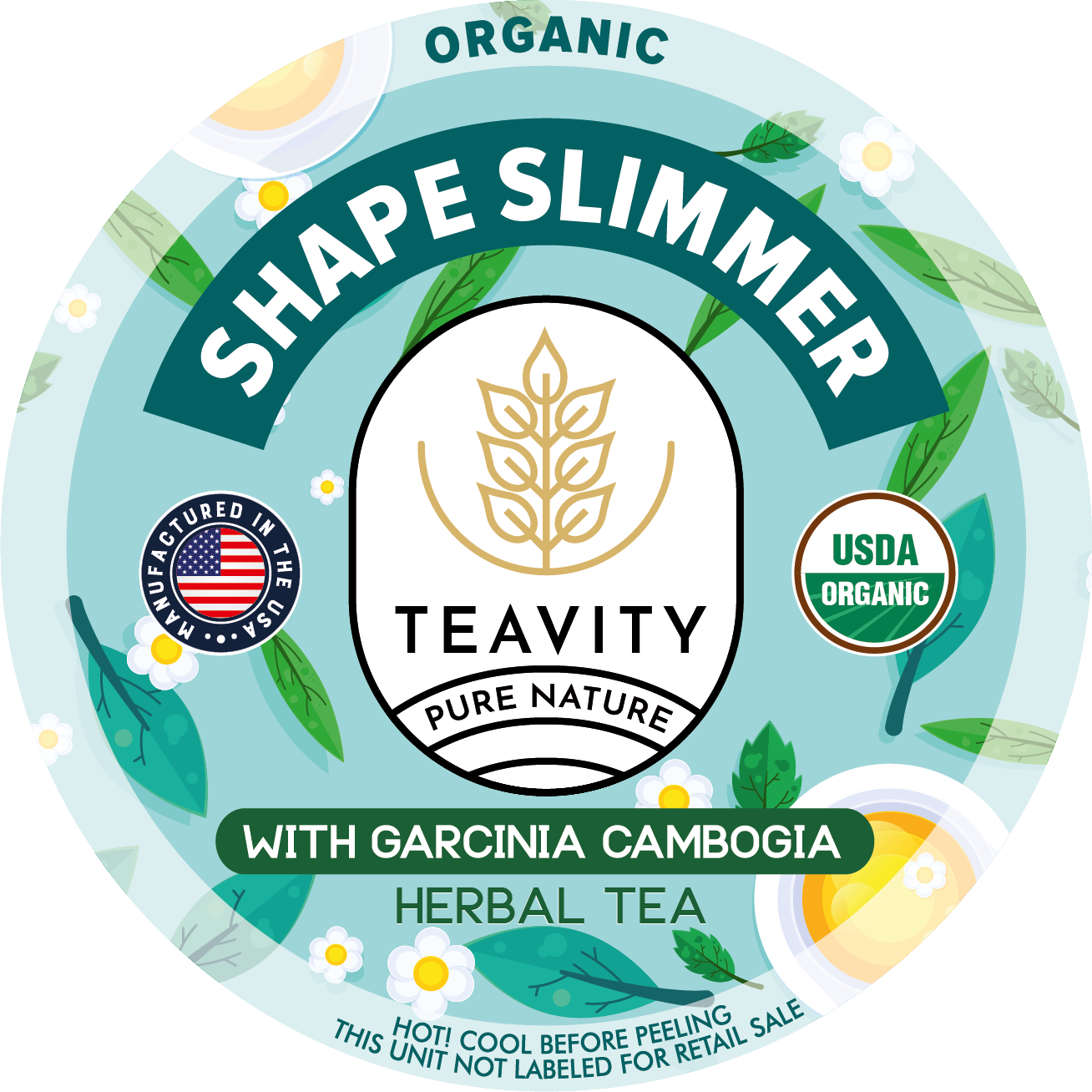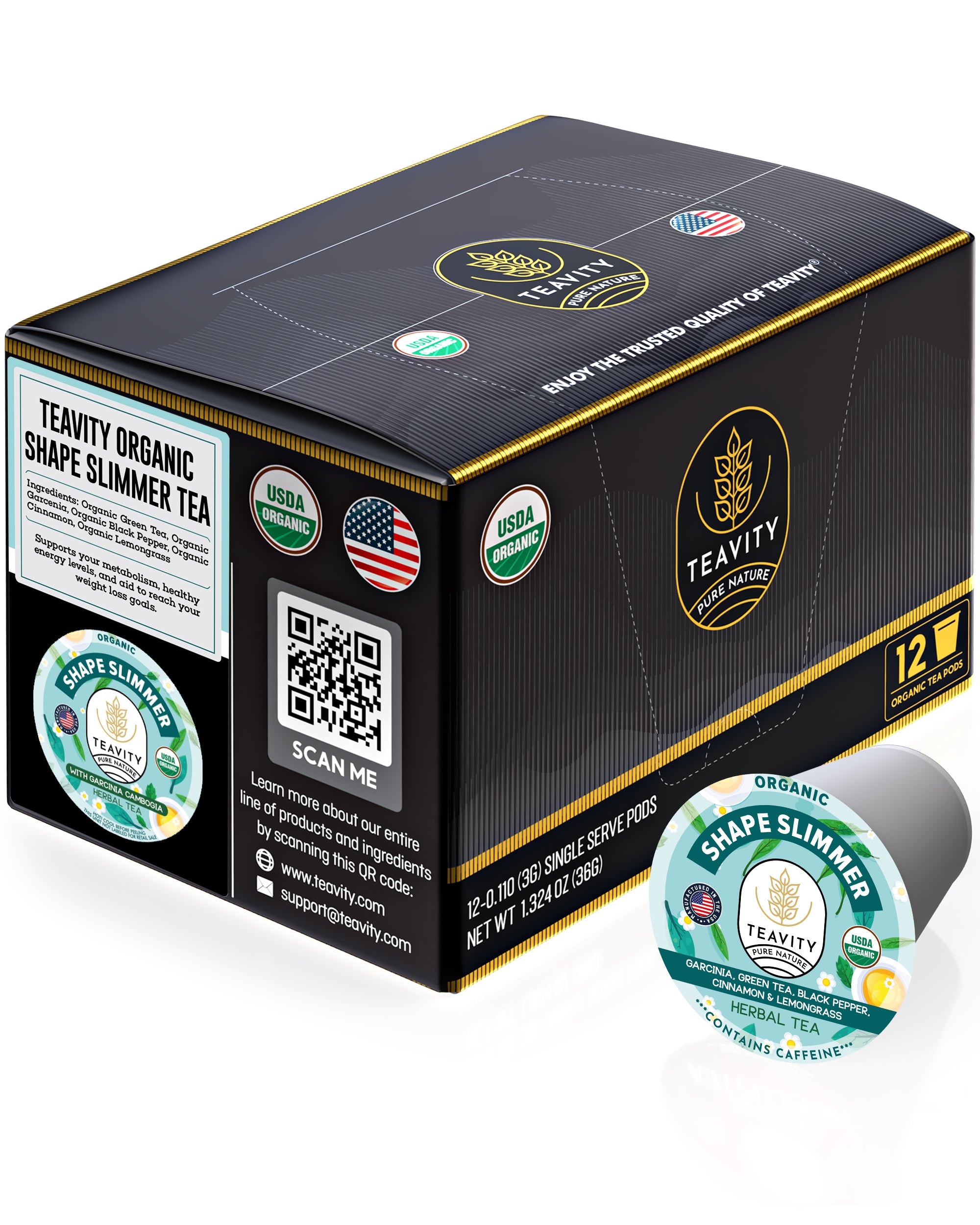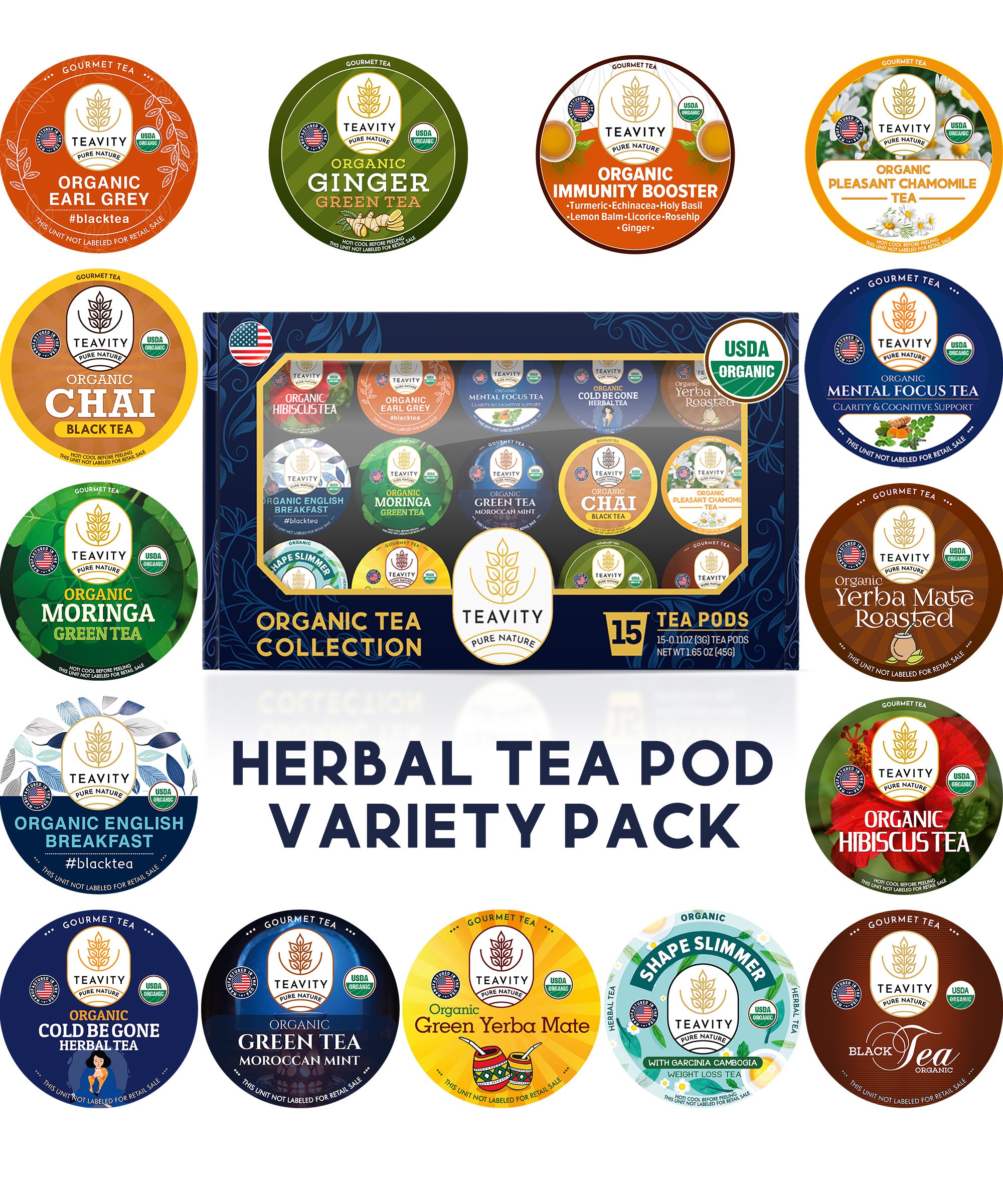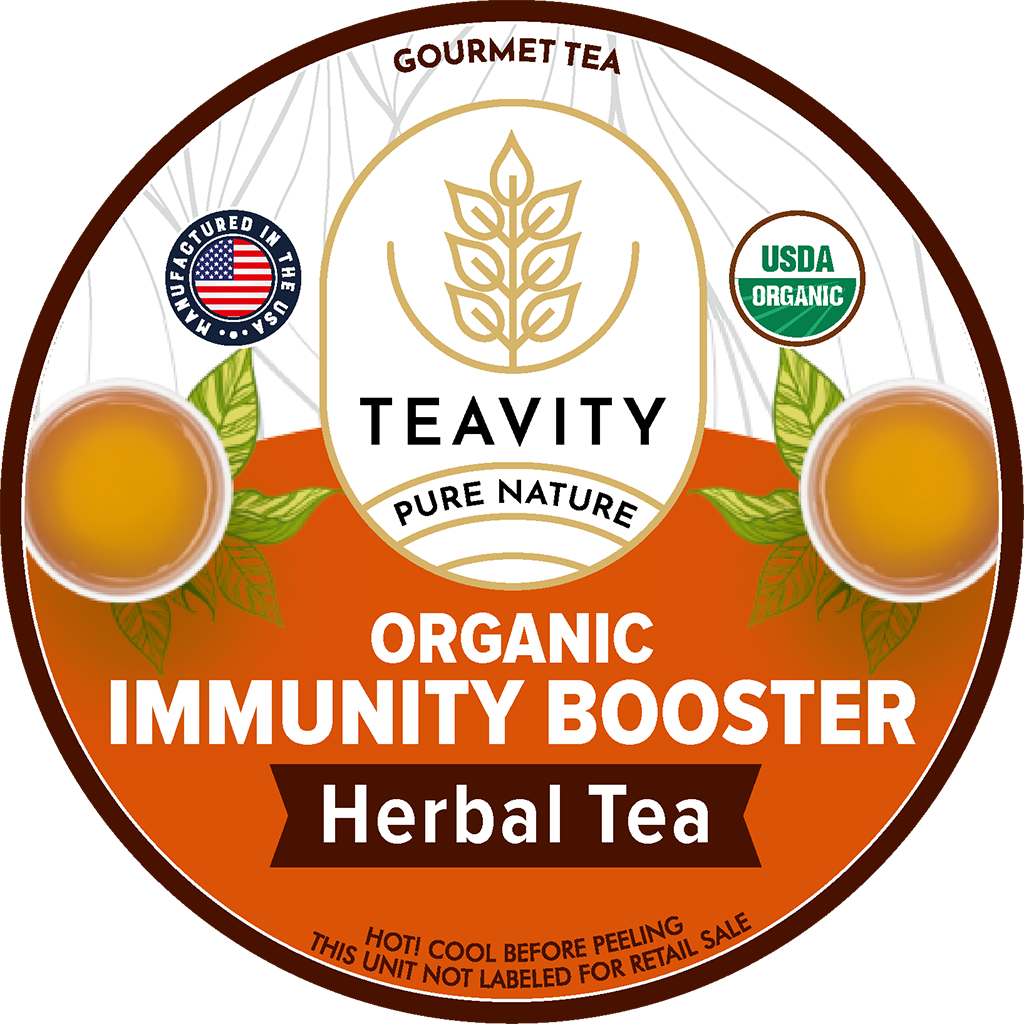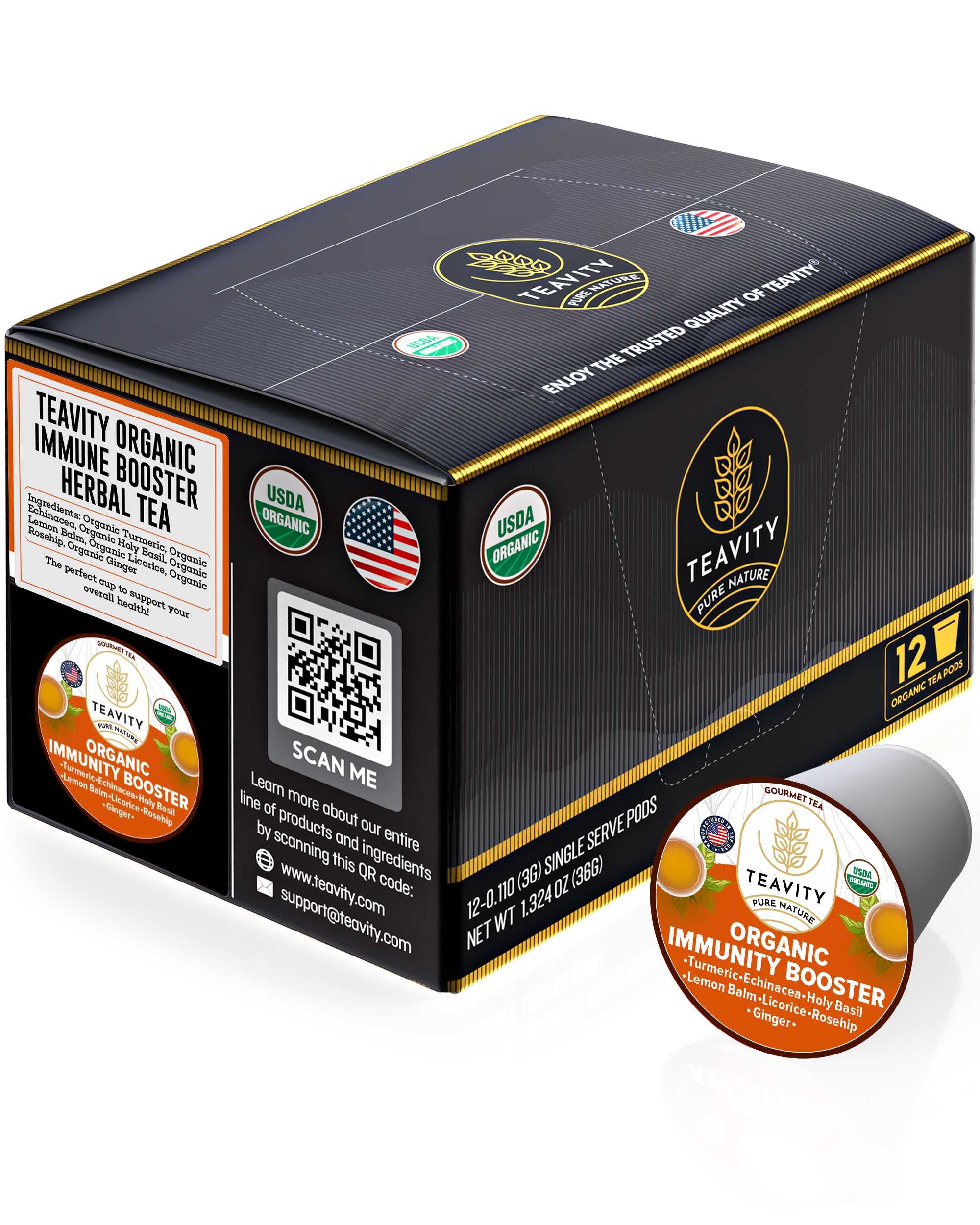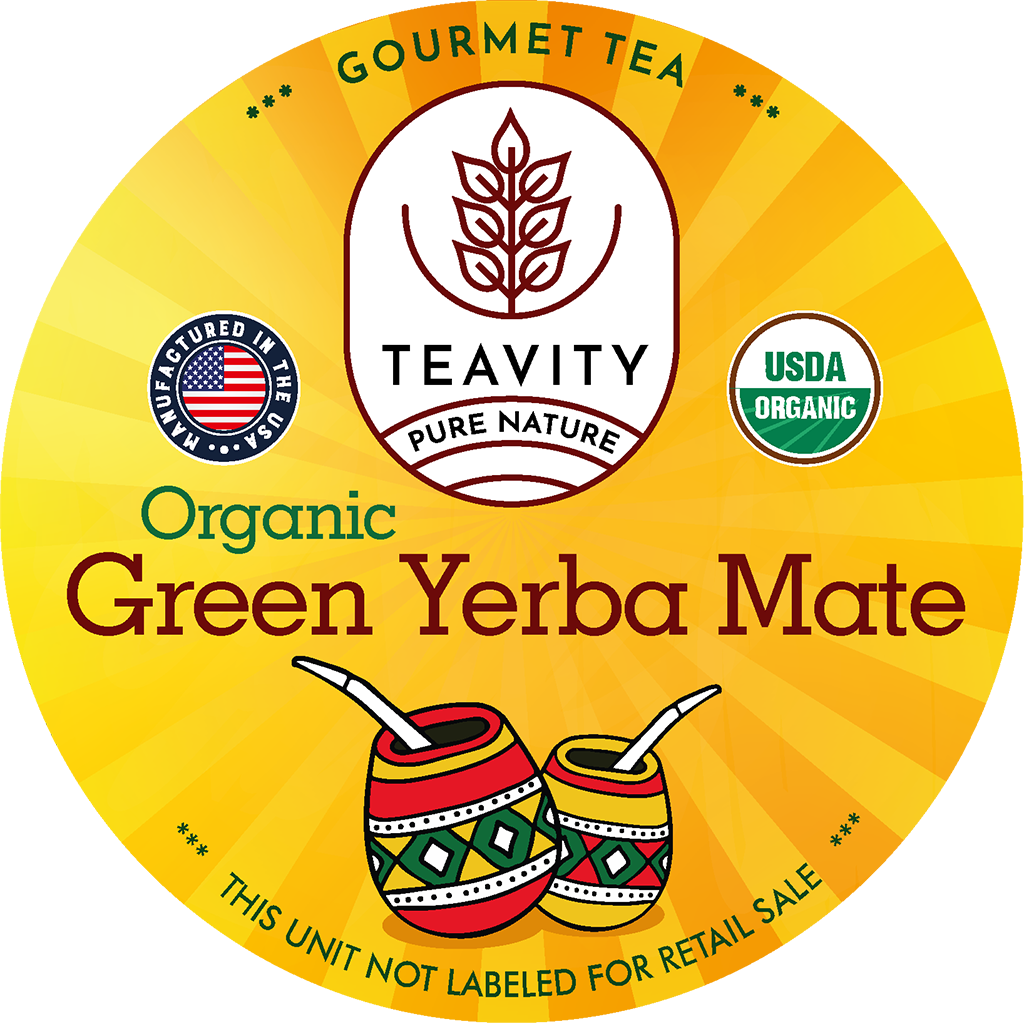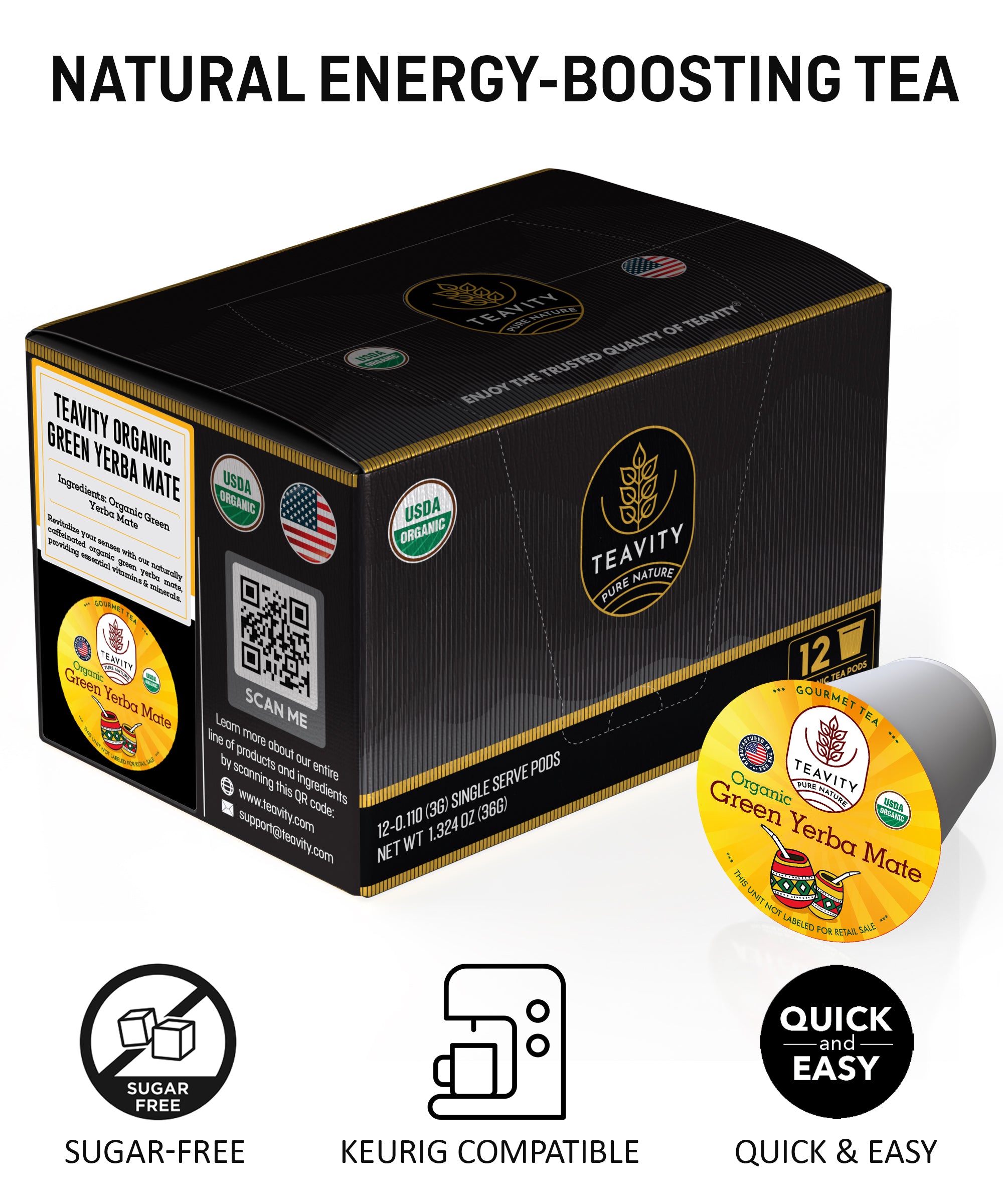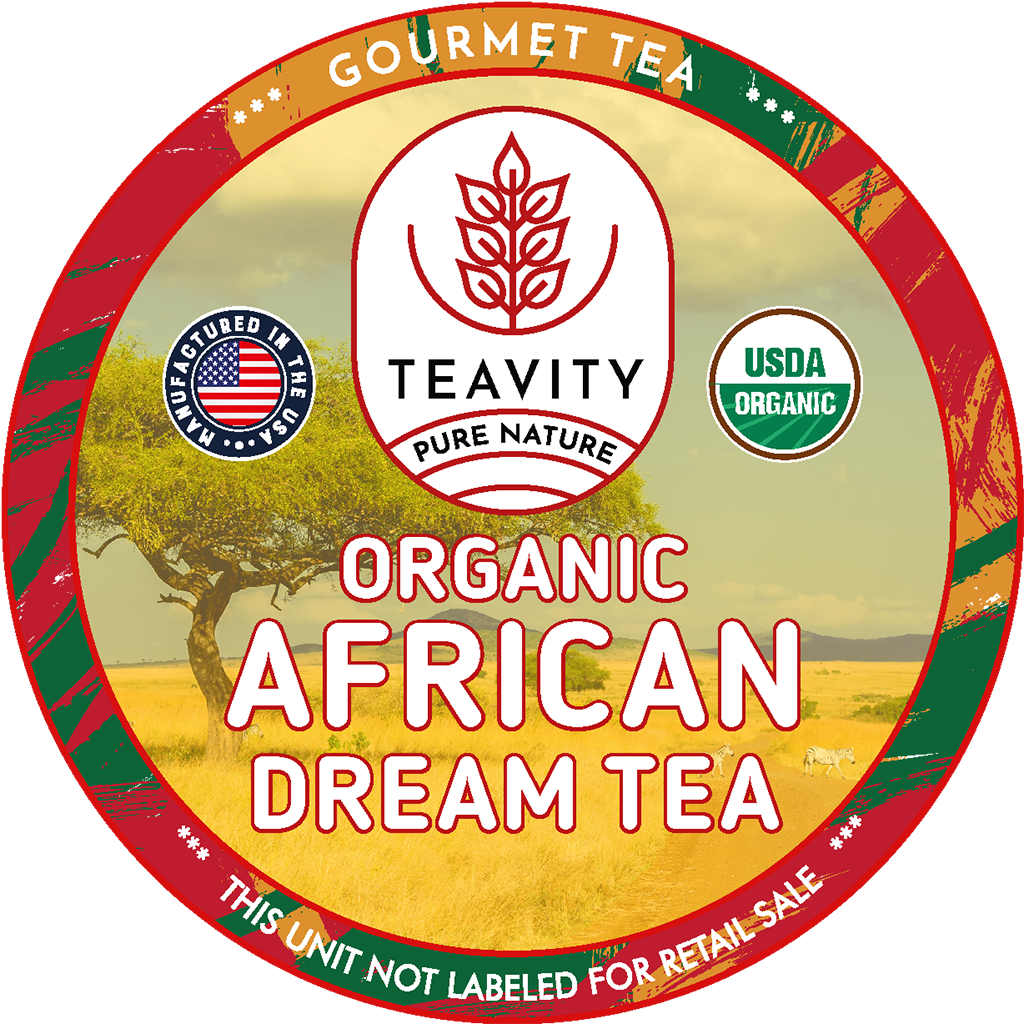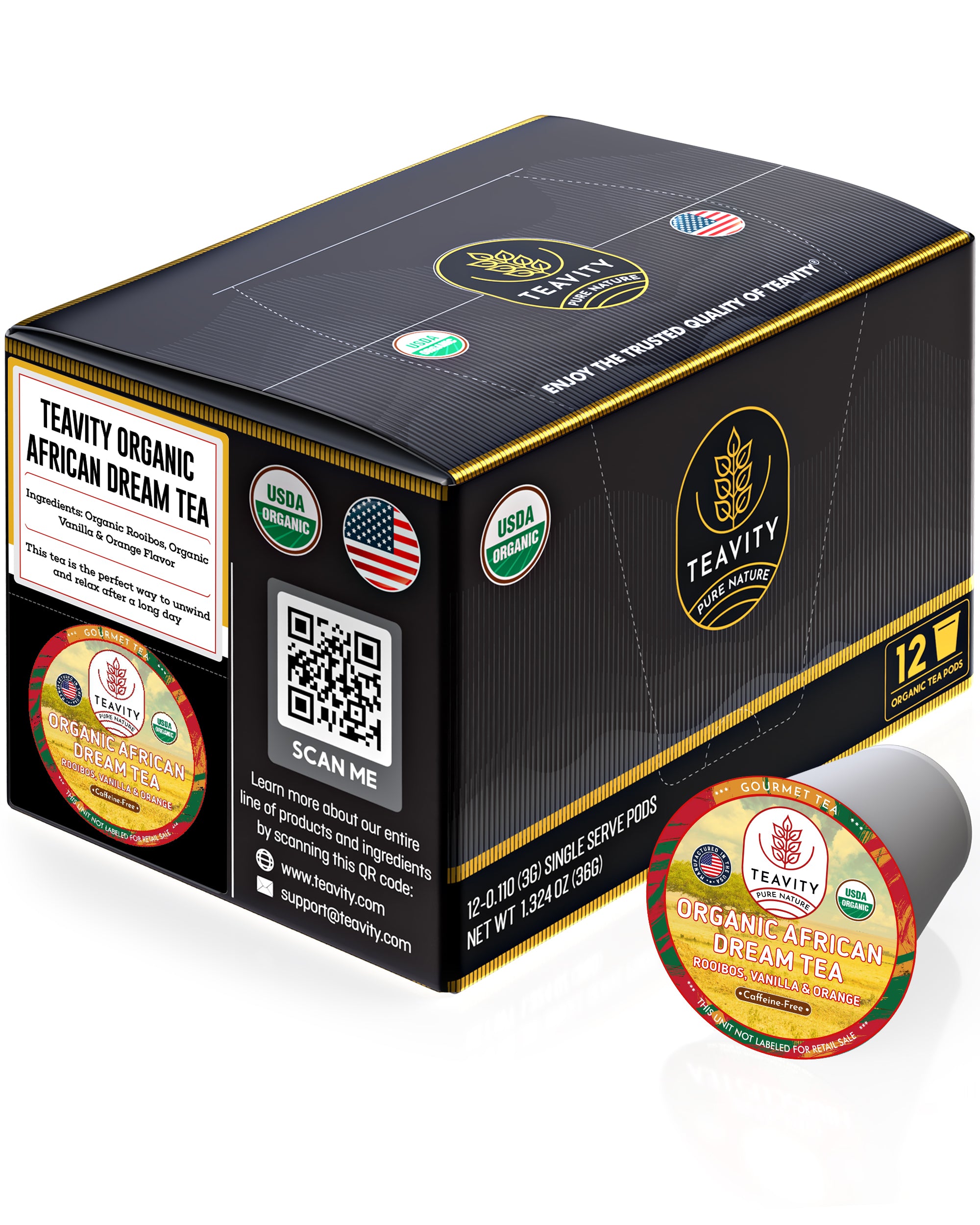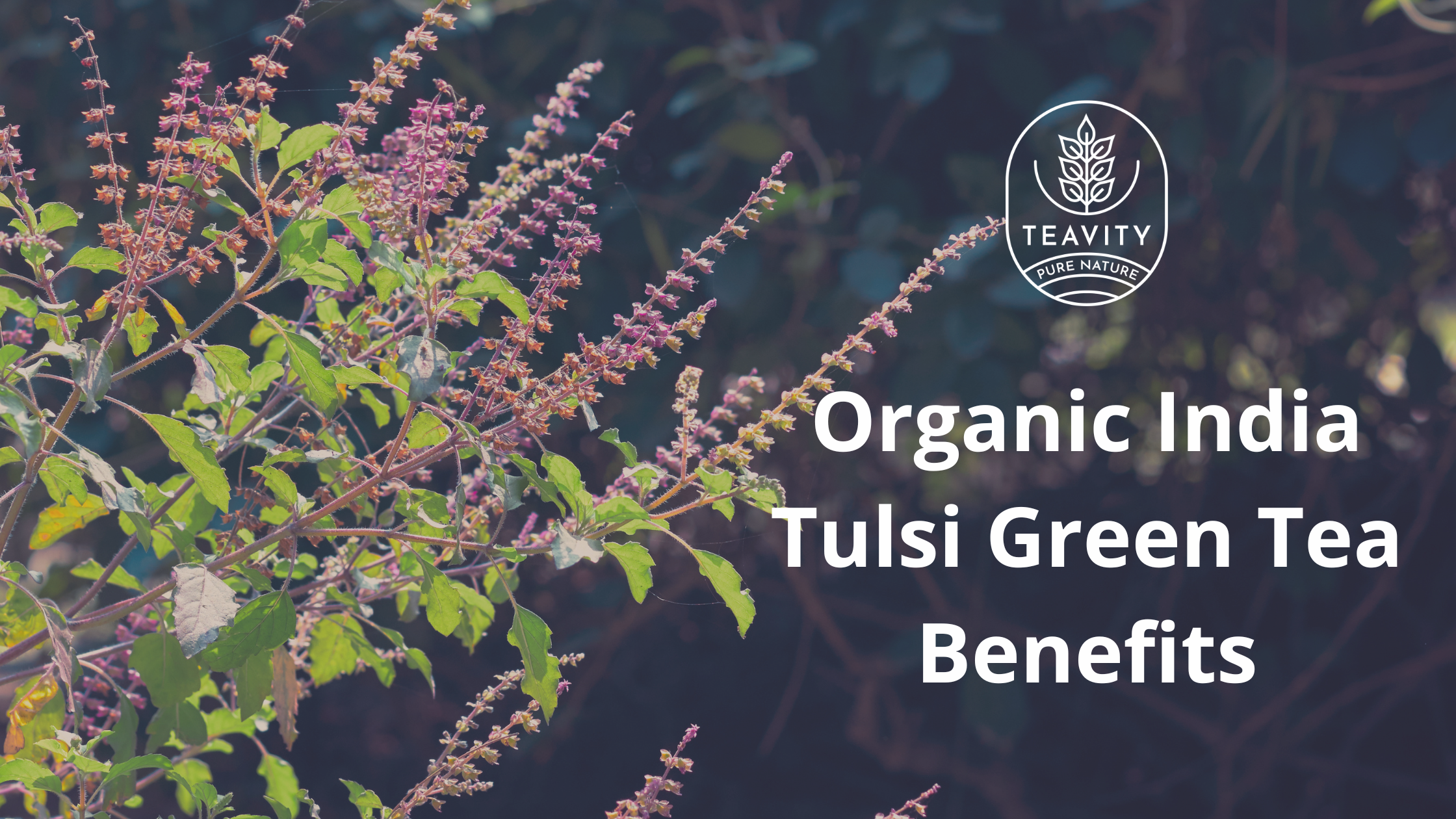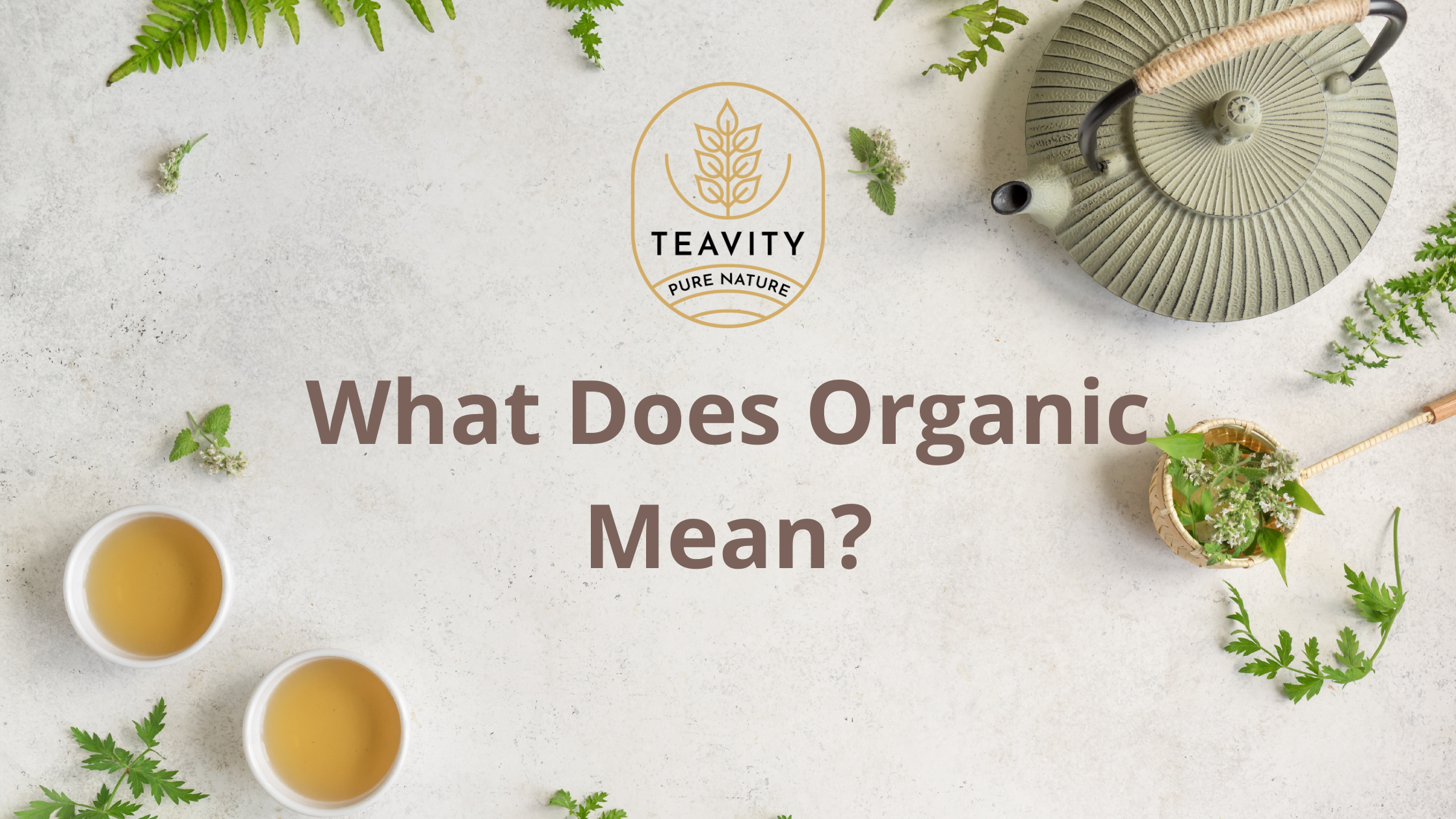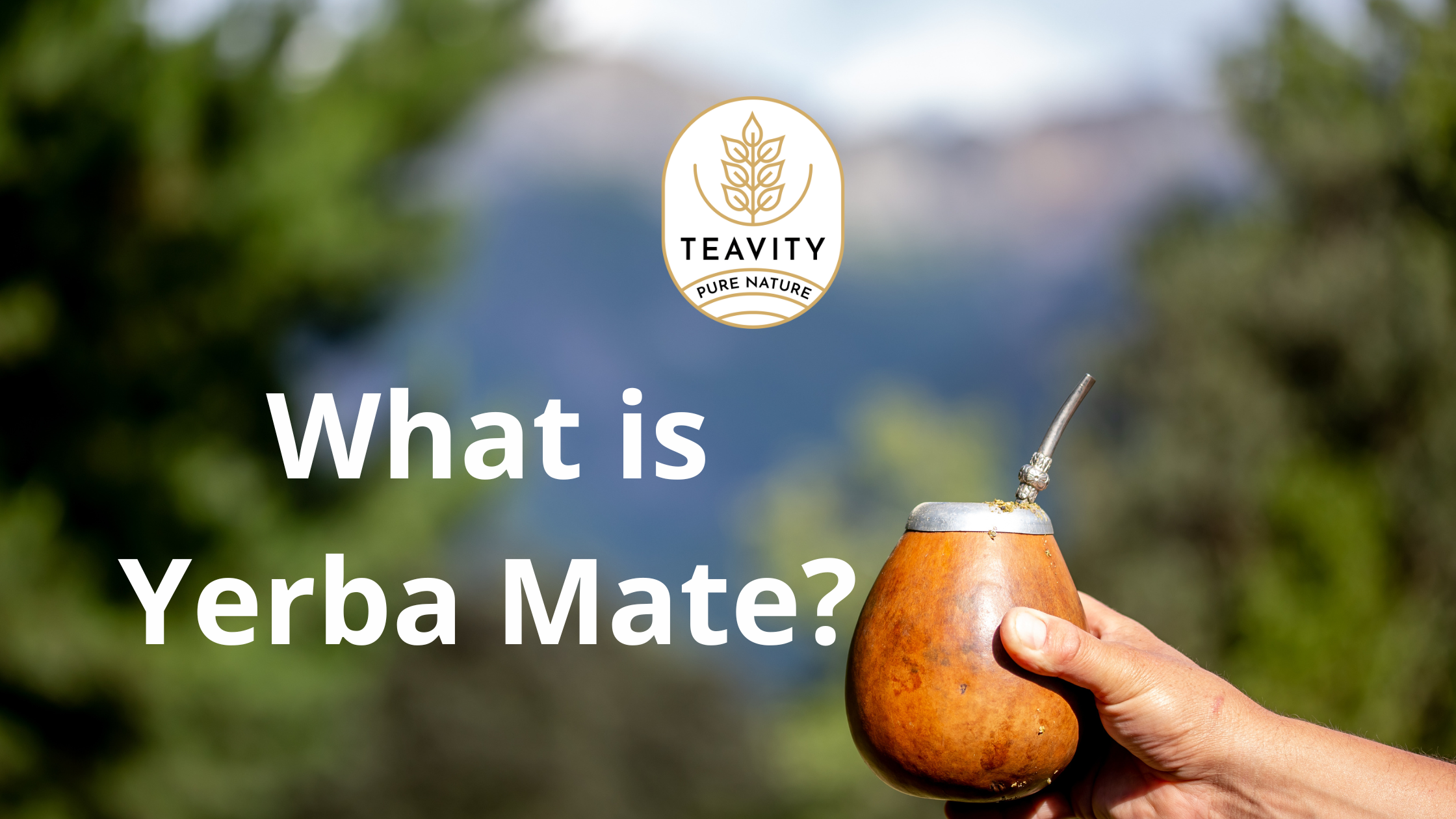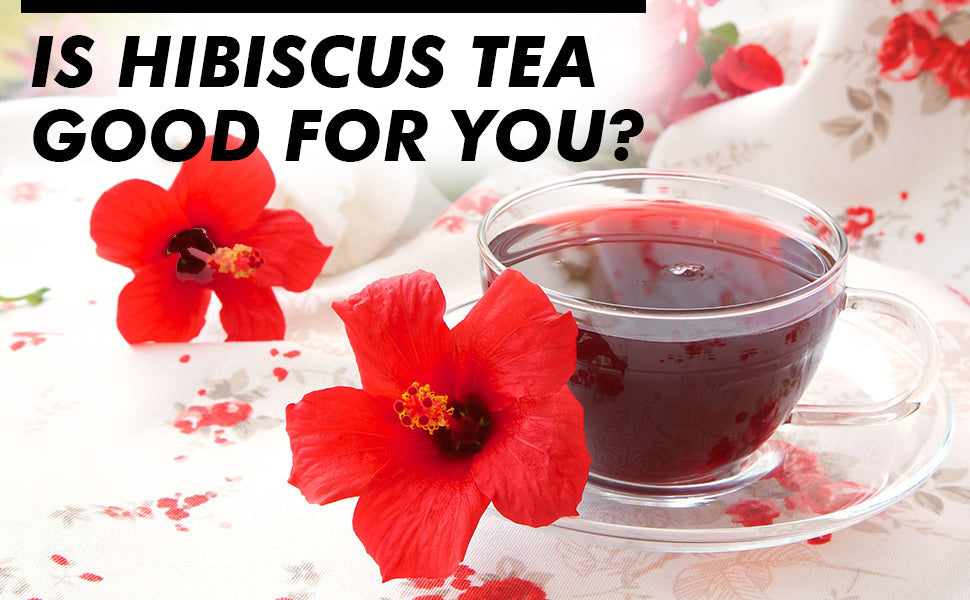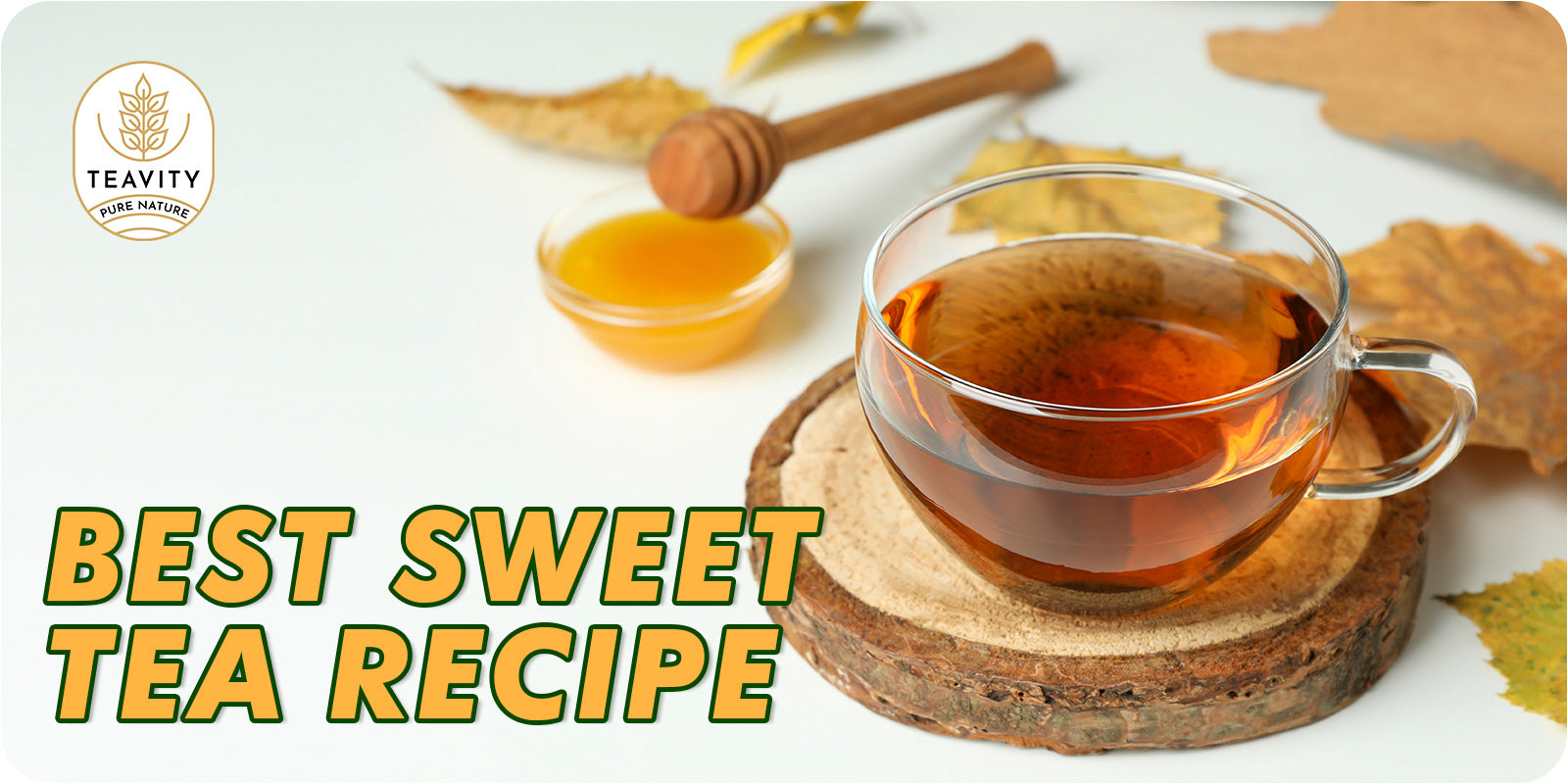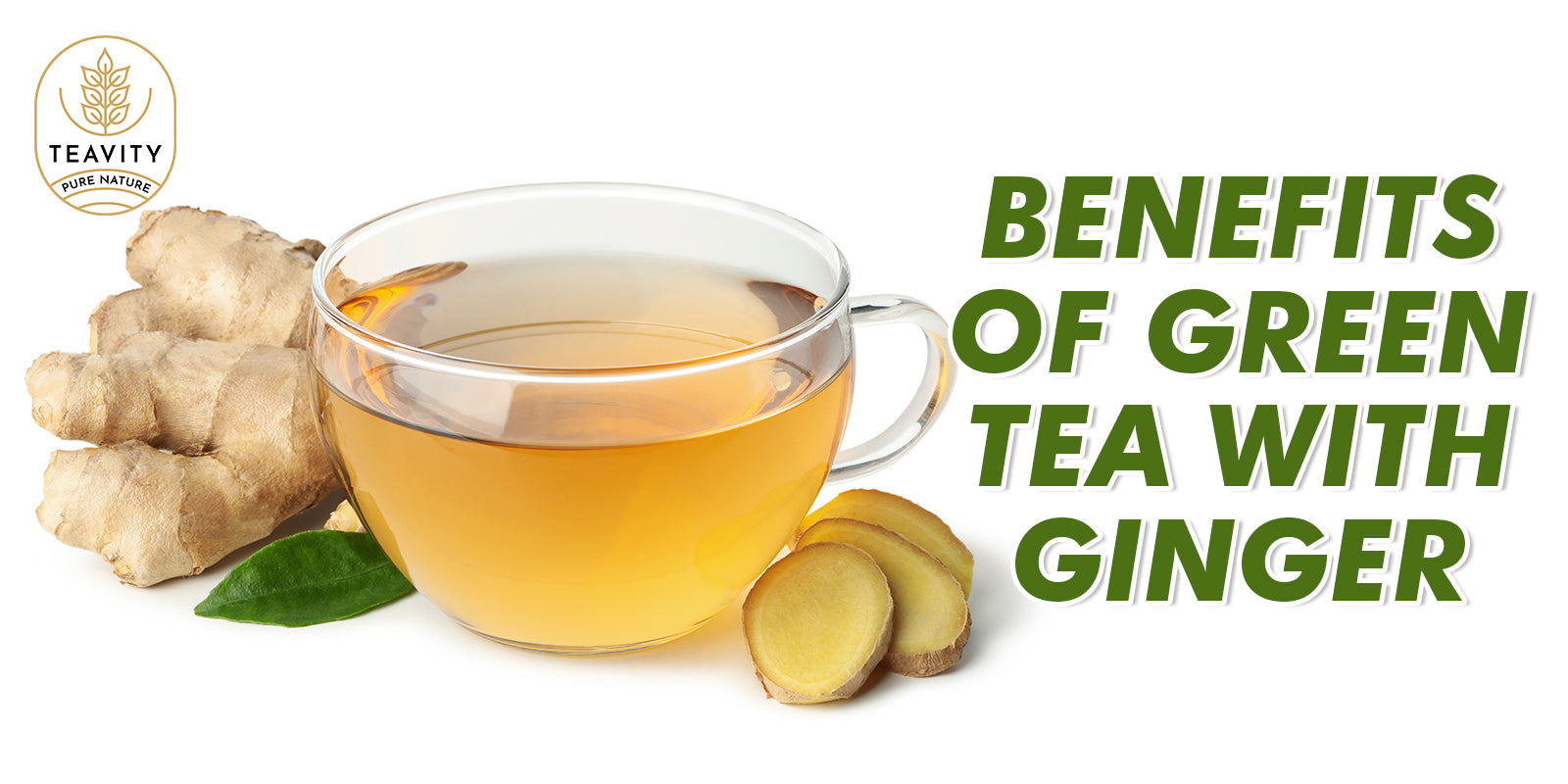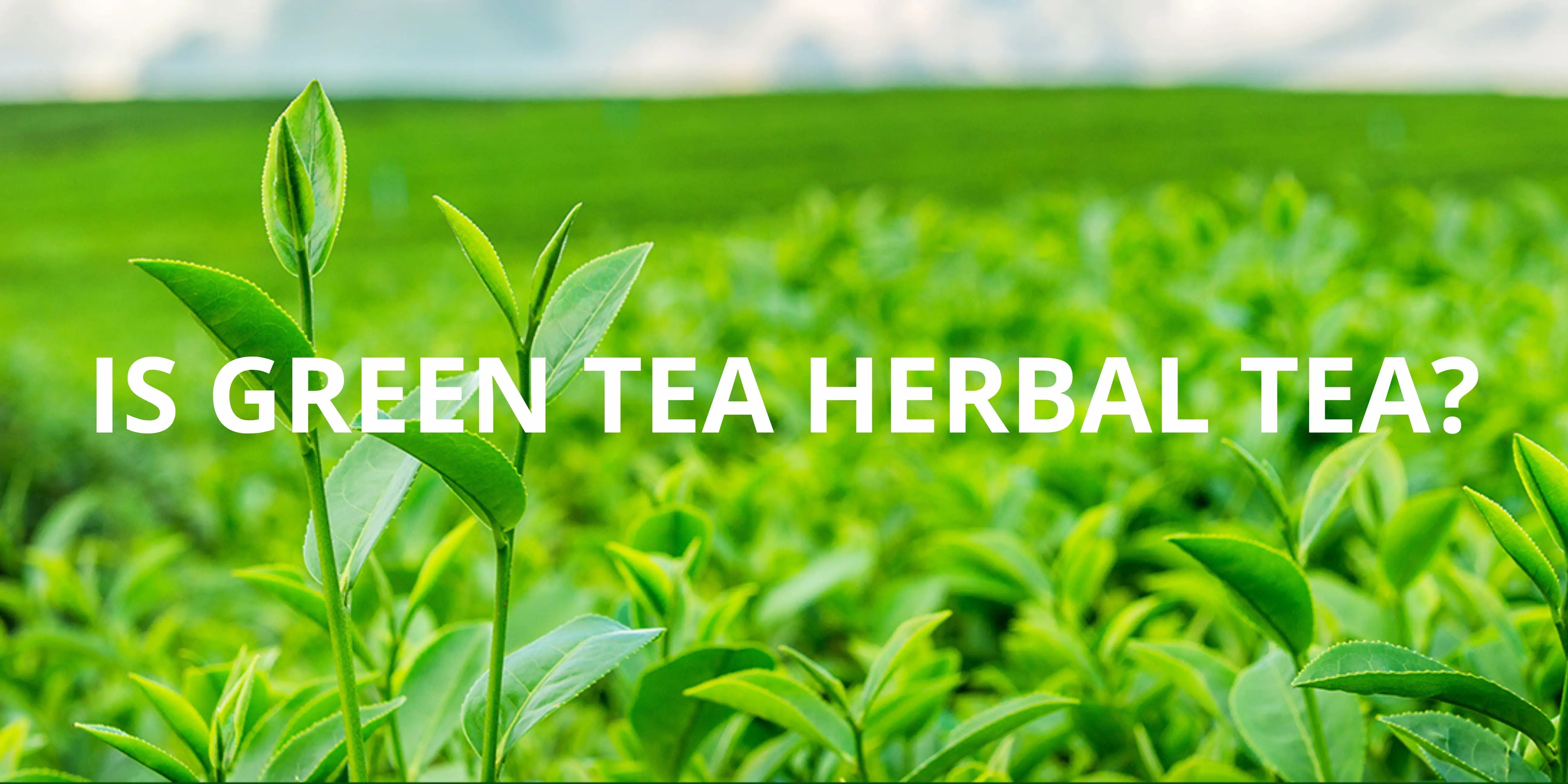
Is Green Tea Herbal Tea?
Introduction:
Green tea has gained popularity worldwide due to its numerous health benefits and refreshing taste. However, there is often confusion regarding whether green tea falls under the category of herbal tea. In this article, we will examine the characteristics of green tea, its classification as an herbal tea, and its associated benefits, as well as the process of preparing it.
Is Green Tea Considered Herbal Tea?
Herbal tea is traditionally known as an infusion made from herbs, flowers, or other plant materials. Green tea, on the other hand, is derived from the leaves of the Camellia sinensis plant. While technically not an herbal tea, green tea is often referred to as one due to its natural properties and potential health benefits. It shares some similarities with herbal teas, making it a popular choice among tea enthusiasts.
Benefits of Green Tea as Herbal Tea
Health benefits of green tea:
Green tea is known for its numerous health benefits. It contains powerful antioxidants that help protect the body from damage caused by free radicals, reducing the risk of chronic diseases and promoting overall well-being.
Antioxidant properties:
The high concentration of catechins in green tea provides potent antioxidant properties. These compounds help fight inflammation, boost the immune system, and support cardiovascular health.
Promotes relaxation and mental well-being:
Green tea contains an amino acid called L-theanine, which promotes relaxation and helps reduce stress and anxiety. It also enhances brain function, improving focus and concentration.
How to Prepare Green Tea?
Steps for brewing green tea:
- Boil water and let it cool slightly.
- Add green tea leaves or tea bags to a teapot or cup.
- Pour the hot water over the tea leaves.
- Steep for the recommended time (usually 2-3 minutes).
- Strain or remove the tea bags.
- Enjoy!
Temperature and steeping time guidelines:
To preserve the delicate flavors and prevent bitterness, it is recommended to steep green tea at a temperature of 160-180°F (70-82°C) for 2-3 minutes. Adjust the steeping time and temperature according to personal preference.
Tips for enhancing the flavor:
- Use high-quality loose-leaf green tea for a richer, more nuanced flavor.
- Experiment with different flavors by adding lemon, mint, or honey.
- Avoid overstepping to prevent a bitter taste.
Best Green Tea Brands for Herbal Tea
When choosing green tea for herbal tea purposes, consider the following factors:
- Quality of ingredients and sourcing
- Organic and fair-trade certifications
- Flavor profiles and personal preferences
- Customer reviews and ratings
Conclusion
In conclusion, although green tea is technically not an herbal tea, it shares some similarities with herbal tea. It is often referred to as one due to its natural properties and potential health benefits. Green tea offers numerous benefits, including its antioxidant properties and its ability to promote relaxation and mental well-being. By following the simple steps to prepare green tea, anyone can enjoy its flavorful and health-enhancing qualities.
Explore different green tea brands to find the one that suits your preferences, and embark on a journey of wellness with green tea as your herbal companion.
